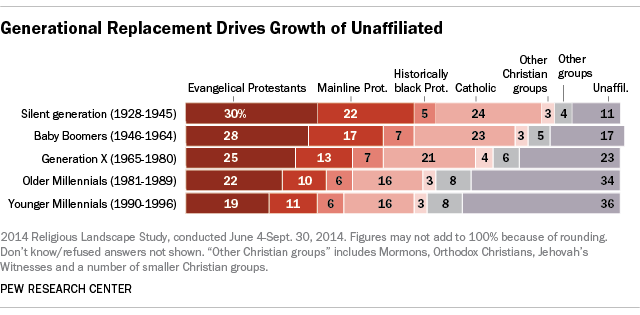There were a
variety of habits and beliefs of early Christian kingdoms that today we would recognize
as superstition. For example, people believed that God was continuously
intervening in the world, so in the case of a serious dispute they would let
the two people fight to the death, believing that God would intervene on the
side of the righteous and help them win. This belief was so complete that the
guilty party would often confess their crimes to avoid the divinely guided fight.
It’s easy to
recognize in hindsight that some early beliefs were erroneous and not guided by
the teachings of God, but what about today’s beliefs?
I remember
being somewhat of an adult and realizing one day, “Ghosts aren’t real!” I’ve
found this subject surprisingly polarizing when I mention it to people. Some are convinced that spirits can still materially influence the world
after death, and of course others deny the existence of any such spirit and view
a belief in ghosts as a superstition of the ignorant. I’ve found the same split
among Baháʼís who sometimes believe that supernatural phenomena go hand in hand
with belief in God. For the record, ghosts aren’t real, but that’s for another blog.
I also
remember realizing one day, “Prayers don’t heal people!” Sort of. At least not the way I previously thought. This is a little more
complicated than the ghost story but it’s still true, and it gets to the very heart
of what it means to pray.






















